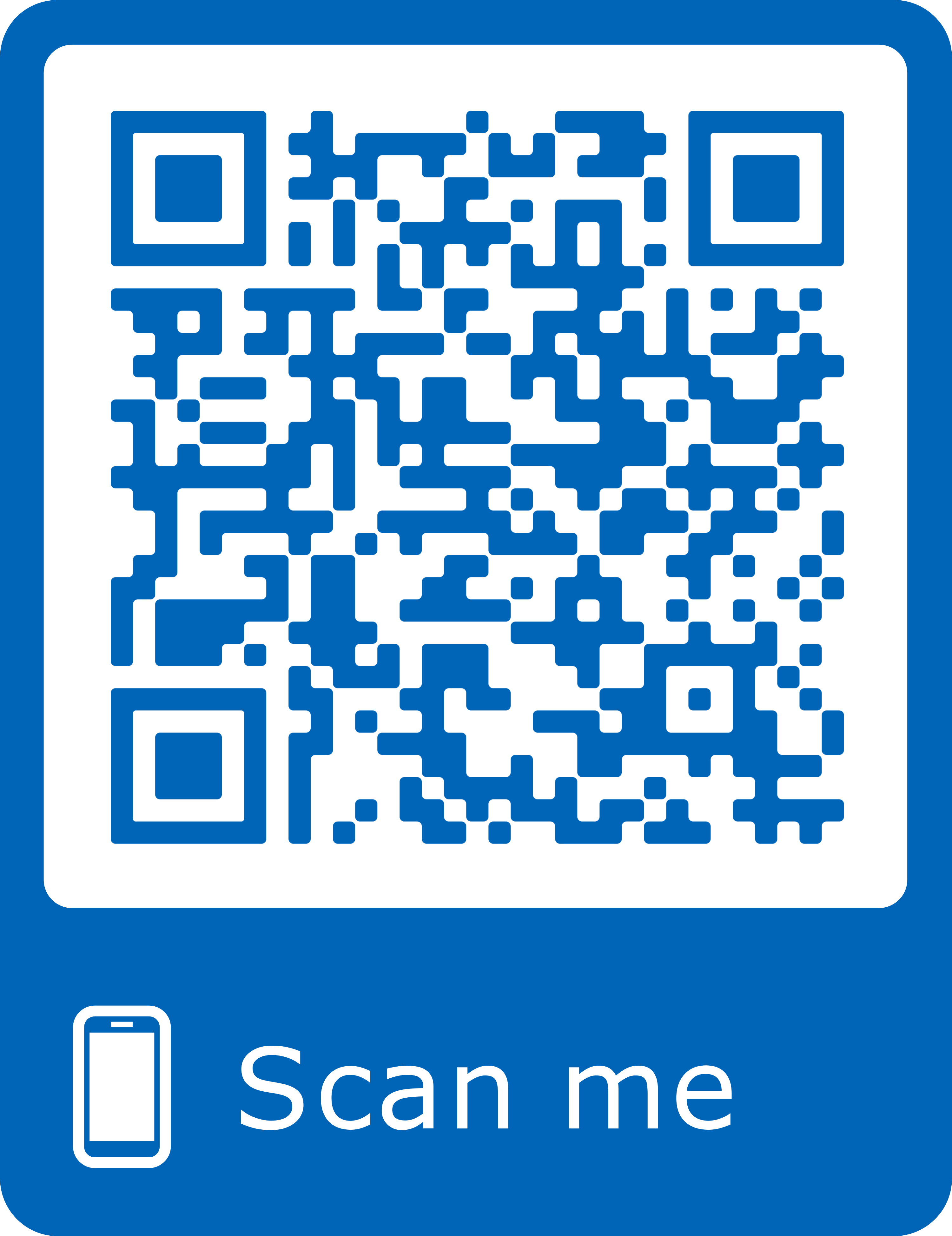- Reference Number: HEY1057/2024
- Departments: Maternity Services
- Last Updated: 30 April 2024
Introduction
This leaflet has been produced to give you general information about your condition. Most of your questions should be answered by this leaflet. It is not intended to replace the discussion between you and your doctor/midwife, but may act as a starting point for discussion. If after reading it you have any concerns or require further explanation, please discuss this with a member of the healthcare team.
Which medications are included?
This leaflet is particularly for mothers who are taking some of the commonly used medications to treat anxiety and depression. These are known as SSRIs (selective serotonin reuptake inhibitors) and include medications such as fluoxetine, sertraline, citalopram and others.
Is it important to treat anxiety and depression in pregnancy?
It is very important to look after the health of new and expecting mothers. Pregnancy and after the baby of a baby can be a vulnerable time for mother’s with mental health issues. We know that treating depression and anxiety will improve the outcome for your baby, this is why it is recommended that you continue your medication during and after your pregnancy despite the side-effects documented below.
Will my baby withdraw from my medication?
Babies whose mothers are taking medications will be used to having the medication in their systems before they are born. When they are born this supply is cut, and some babies can experience a period of transition in which they require closer monitoring. This usually happens in the first few days of life.
What are we observing baby for during this period?
During this period of additional observation, we are looking for symptoms including jitteriness, agitation or irritability, excess sleepiness and sometimes difficulty feeding. Most of these are very mild, and your baby will get better without any special intervention. We ask mothers who are taking antidepressant medications to stay in hospital for 48 to 72 hours after your baby is born to ensure that if your baby does show signs of withdrawing from medication they can be closely monitored. Some very serious medical problems also have signs just like withdrawal does, which is why the observation is important.
Are there any serious complications?
There is a very small risk of more serious complications after taking antidepressants when you are pregnant. These include problems with the blood flow to the lungs. All babies have an oxygen saturation test after they are born, which in combination with the observation period should identify most babies with this serious complication.
What are the recommendations?
There are national guidelines for babies born to mothers taking antidepressant medications.
We recommend that:
- Your baby is born in hospital.
- Your baby has the routine oxygen saturation screening test.
- You stay in hospital for a minimum of 48 hours after your baby is born, so that they can be observed for signs of withdrawal.
- You can then go home IF your baby is feeding well, there have been no additional concerns about your baby AND you are able to call for help and have transport to reach the hospital at all times in the few days after discharge (including having access to transport overnight).
Symptoms of withdrawal can be the same as the symptoms of some very serious medical conditions such as meningitis, which is why you must seek a medical review urgently if you have concerns after you have gone home.
Should you require further advice on the issues contained in this leaflet, please do not hesitate to contact:
Antenatal Clinic 01482 382623 (during your pregnancy)
Rowan Ward 01482 605381 (available 24/7)
If you suspect your baby is seriously unwell please call 999

